SCIENCE
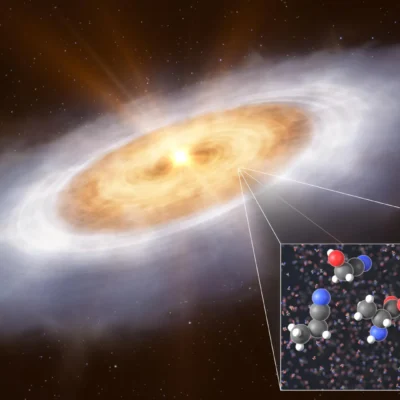
Astronomers detect life’s building blocks around a young star
- By Neclink.com
- . August 3, 2025
Using the Atacama Large Millimeter/submillimeter Array (ALMA), a team of astronomers led by Abubakar Fadul from the Max Planck Institute for Astronomy (MPIA) has discovered

Rutgers physicists just discovered a strange new state of matter
- By Neclink.com
- . August 2, 2025
Scientists have discovered a new way that matter can exist – one that is different from the usual states of solid, liquid, gas or plasma
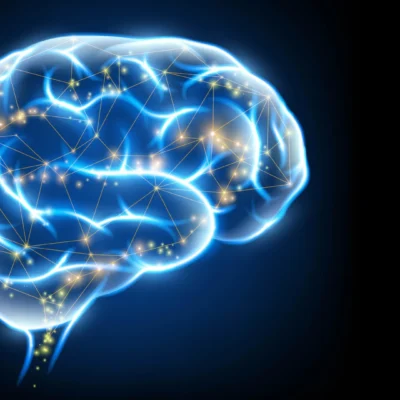
Reversing Alzheimer’s damage: Two cancer drugs demonstrate surprising power
- By Neclink.com
- . August 1, 2025
Scientists at UC San Francisco and Gladstone Institutes have identified cancer drugs that promise to reverse the changes that occur in the brain during Alzheimer’s,
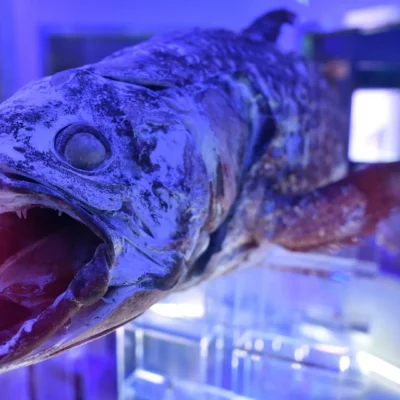
400-million-year-old fish exposes big mistake in how we understood evolution
- By Neclink.com
- . July 31, 2025
The coelacanth is known as a “living fossil” because its anatomy has changed little in the last 65 million years. Despite being one of the

Your sleep schedule could be making you sick, says massive new study
- By Neclink.com
- . July 30, 2025
A groundbreaking international study, recently published in Health Data Science, analyzed objective sleep data from 88,461 adults in the UK Biobank and found significant associations

Quantum tunneling mystery solved after 100 years—and it involves a surprise collision
- By Neclink.com
- . July 29, 2025
Recently, Professor Dong Eon Kim from POSTECH’s Department of Physics and Max Planck Korea-POSTECH Initiative and his research team have succeeded in unraveling for the
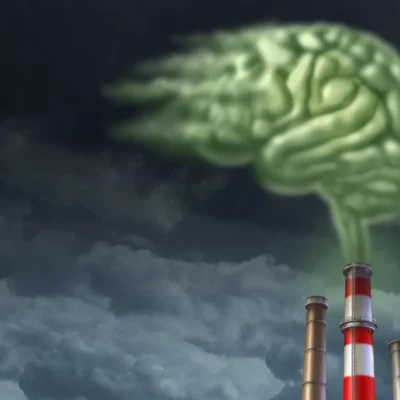
Is the air you breathe silently fueling dementia? A 29-million-person study says yes
- By Neclink.com
- . July 28, 2025
An analysis of studies incorporating data from almost 30 million people has highlighted the role that air pollution – including that coming from car exhaust
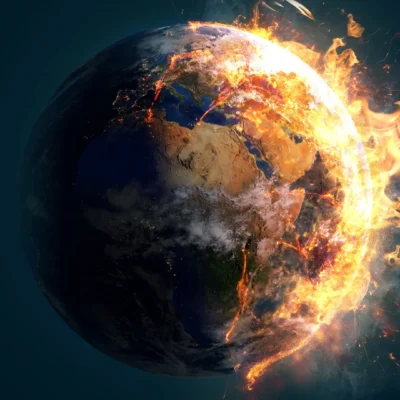
The oceans are overheating—and scientists say a climate tipping point may be here
- By Neclink.com
- . July 27, 2025
The global marine heatwaves (MHWs) of 2023 were unprecedented in their intensity, persistence, and scale, according to a new study. The findings provide insights into

This sugar substitute does more than sweeten — it kills cancer cells
- By Neclink.com
- . July 26, 2025
Stevia may provide more benefits than as a zero-calorie sugar substitute. When fermented with bacteria isolated from banana leaves, stevia extract kills off pancreatic cancer
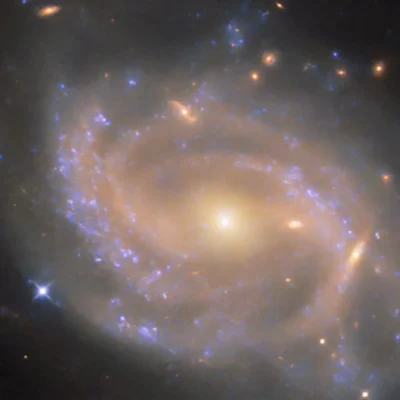
Hubble caught a star exploding — and it’s helping map the cosmos
- By Neclink.com
- . July 25, 2025
The swirling spiral galaxy in this NASA/ESA Hubble Space Telescope Picture of the Week is NGC 3285B, which resides 137 million light-years away in the
